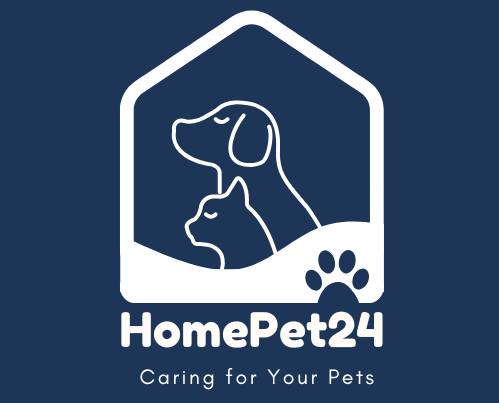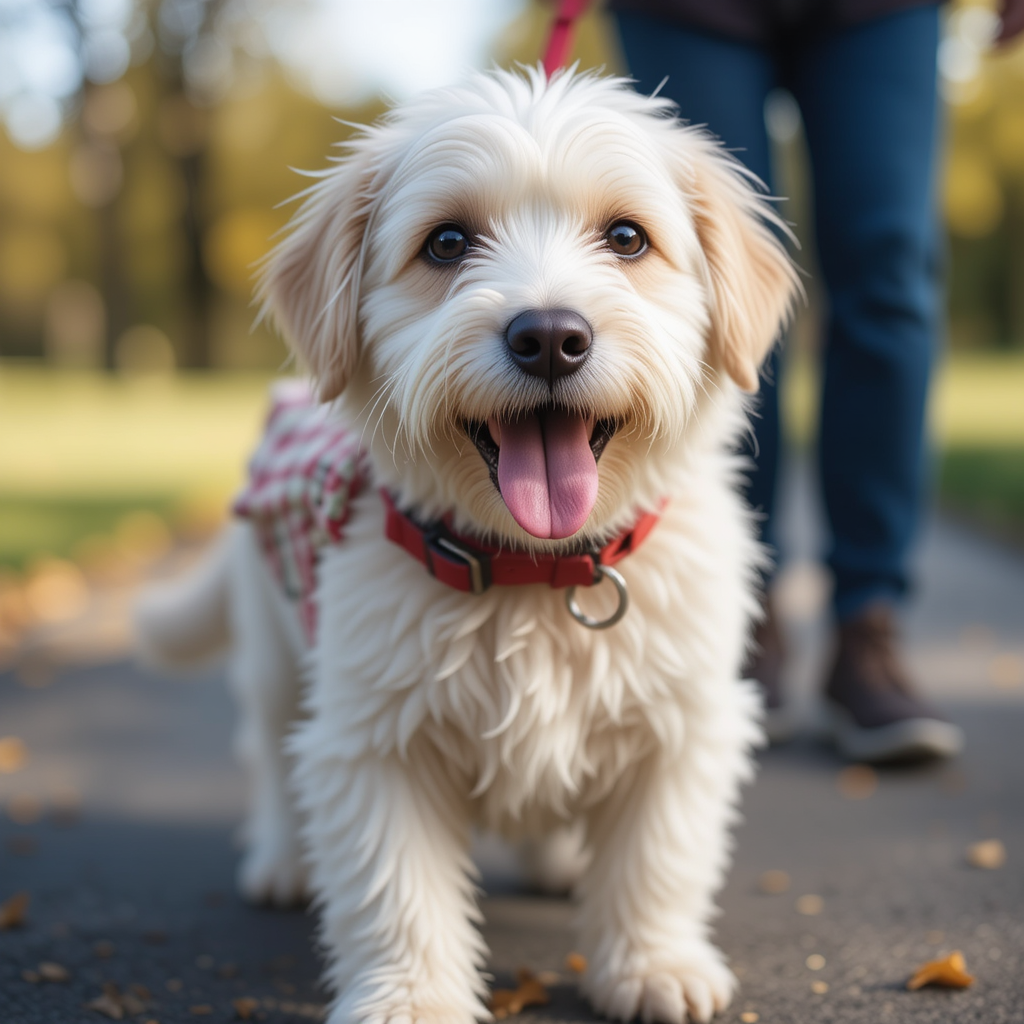Ensuring your dog’s health and happiness starts with knowing which foods are safe and which can pose serious risks. While some foods may seem harmless, they can have dangerous effects on your dog. Here’s a detailed list of foods to avoid and why they’re problematic.
1. Rawhide Chews
Rawhide has long been debated, but it can actually be quite harmful. Depending on the amount consumed, rawhide can cause stomach discomfort and, more worryingly, lead to blockages in the digestive system. It’s better to skip this treat altogether.
2. Broccoli
Broccoli is safe for dogs in small quantities and moderation. However, overfeeding can lead to gastric issues due to a compound called isothiocyanate, found in broccoli florets, which may cause excessive gas or diarrhea.
3. Avocado
While avocados are a superfood for humans, they are not suitable for dogs. The high-fat content can upset your dog’s stomach, causing vomiting and diarrhea in large amounts. Additionally, the pit poses a serious choking hazard.
4. Salty Foods
A chip or fry here and there might seem harmless, but salty foods should be avoided. Consuming too much salt can lead to salt poisoning, which can cause severe symptoms like excessive thirst, diarrhea, seizures, or even death in extreme cases.
5. Fatty Foods
Highly fatty foods are a no-go for dogs. Packed with calories, sugar, and salt, these foods often contain seasonings like garlic or onion, which are toxic to dogs.
6. Chocolate
Most dog owners know to avoid giving chocolate to their pets. Dark chocolate and baking chocolate are especially harmful, but even milk chocolate can cause severe damage. Symptoms of chocolate poisoning include vomiting, diarrhea, restlessness, and irregular heartbeat.
7. Certain Dairy Products
While an occasional piece of cheese is fine, frequent consumption of dairy products like milk or ice cream can upset your dog’s stomach, leading to vomiting or diarrhea. For a safe treat, opt for dog-friendly ice cream recipes.
8. Spoiled Food
Dogs may seem like they’ll eat anything, but they are not garbage disposals. Moldy or expired food can cause harmful symptoms like vomiting, tremors, and seizures if consumed.
9. Grapes and Raisins
Grapes and raisins are extremely toxic to dogs, even in small amounts. They can cause acute kidney failure, leading to symptoms like vomiting, lethargy, and loss of appetite.
10. Onions and Garlic
Both onions and garlic, whether raw, cooked, or powdered, are dangerous to dogs. These ingredients can cause anemia by damaging their red blood cells, with symptoms such as weakness, vomiting, and breathlessness.
FAQ: Keeping Your Dog Safe
1. What should I do if my dog eats a harmful food?
Contact your veterinarian immediately. Try to provide details about the food and the amount consumed to help them assess the situation quickly.
2. Are all vegetables safe for dogs?
Not all vegetables are safe. While carrots and cucumbers are great options, foods like onions and garlic should always be avoided.
3. Can dogs eat nuts?
Many nuts, like macadamia nuts, are toxic to dogs. Others, like almonds and walnuts, can be choking hazards or cause digestive issues.
4. What are some safe treat alternatives for dogs?
Consider offering your dog treats like baby carrots, apple slices (without seeds), or cooked, unseasoned chicken.
5. Why is chocolate harmful to dogs?
Chocolate contains theobromine and caffeine, both of which are toxic to dogs. These compounds can affect their heart and nervous system, potentially leading to severe health complications.

